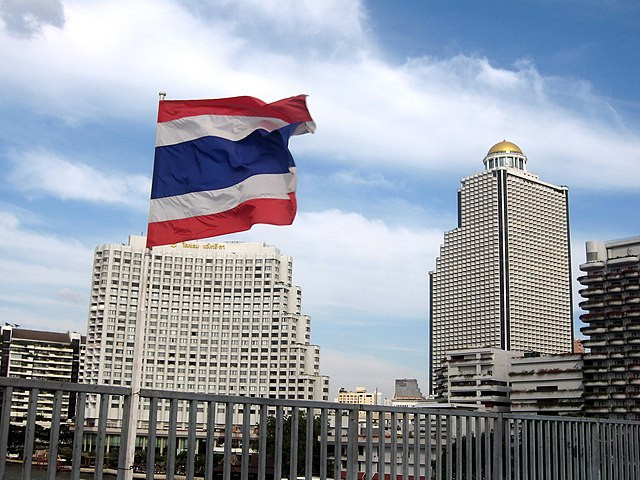Thailand made history Thursday as hundreds of same-sex couples exchanged vows, marking the nation as the first in Southeast Asia to legalize same-sex marriage. The landmark law, which grants full legal rights to LGBTQ+ couples, reflects years of activism and represents a significant milestone in the fight for equality in the region.
"It's the happiest day of my life," said Pisit Sirihiranchai, a police officer who married his partner of five years, Chanatip, during a mass wedding in Bangkok, as reported by CNN. "We are now a complete family."
The law allows same-sex couples to register their marriages with full legal, financial, and medical rights, including inheritance, adoption, and spousal benefits. It replaces gender-specific terms such as "husband and wife" with inclusive language like "individuals" and "marriage partners."
Prime Minister Paetongtarn Shinawatra hailed the legislation as a landmark achievement for equality. "This marriage equality law marks the beginning of Thai society's greater awareness of gender diversity and affirms that everyone is entitled to equal rights and dignity," she said in a recorded message played at the mass wedding in Bangkok's Siam Paragon mall.
At least 200 couples participated in the event, organized by Bangkok Pride and local authorities. Couples walked a rainbow carpet as confetti fell, celebrating their newfound rights. Among the attendees were celebrities, drag queens, and even a few politicians who lent their support.
Similar celebrations took place nationwide, from Pattaya's beaches to Chiang Mai's mountainous regions. In Koh Samui, the Tourism Authority of Thailand hosted an event for couples who had already wed but were registering their unions officially for the first time.
While Thailand has long been perceived as LGBTQ+-friendly, particularly in its tourism sector, activists say this law is a monumental step forward. "This could be a model for the world," said Kittinun Daramadhaj, president of the Rainbow Sky Association of Thailand.
For many, this day felt long overdue. Transgender woman Nina Chetniphat Chuadkhunthod, who has been with her boyfriend for 22 years, expressed her joy at finally being able to marry legally. The couple plans to adopt a seven-year-old girl they've been raising, a dream that was previously unattainable.
In addition to granting personal and family rights, advocates believe the new law will provide a boost to Thailand's tourism-dependent economy, attracting LGBTQ+ travelers from around the globe.
However, challenges remain. Activists point out that the law does not address all aspects of equality, particularly for transgender individuals who cannot legally change their gender identity. "We should use marriage equality as an opportunity to open another door for gender recognition," said Hua Boonyapisomparn of the Foundation of Transgender Alliance for Human Rights.
Thailand's move comes amid slow progress in LGBTQ+ rights across Asia. It is only the third jurisdiction in the region to recognize same-sex marriage, following Taiwan in 2019 and Nepal in 2023. In contrast, other Asian nations, including Japan and South Korea, have yet to pass similar measures.




